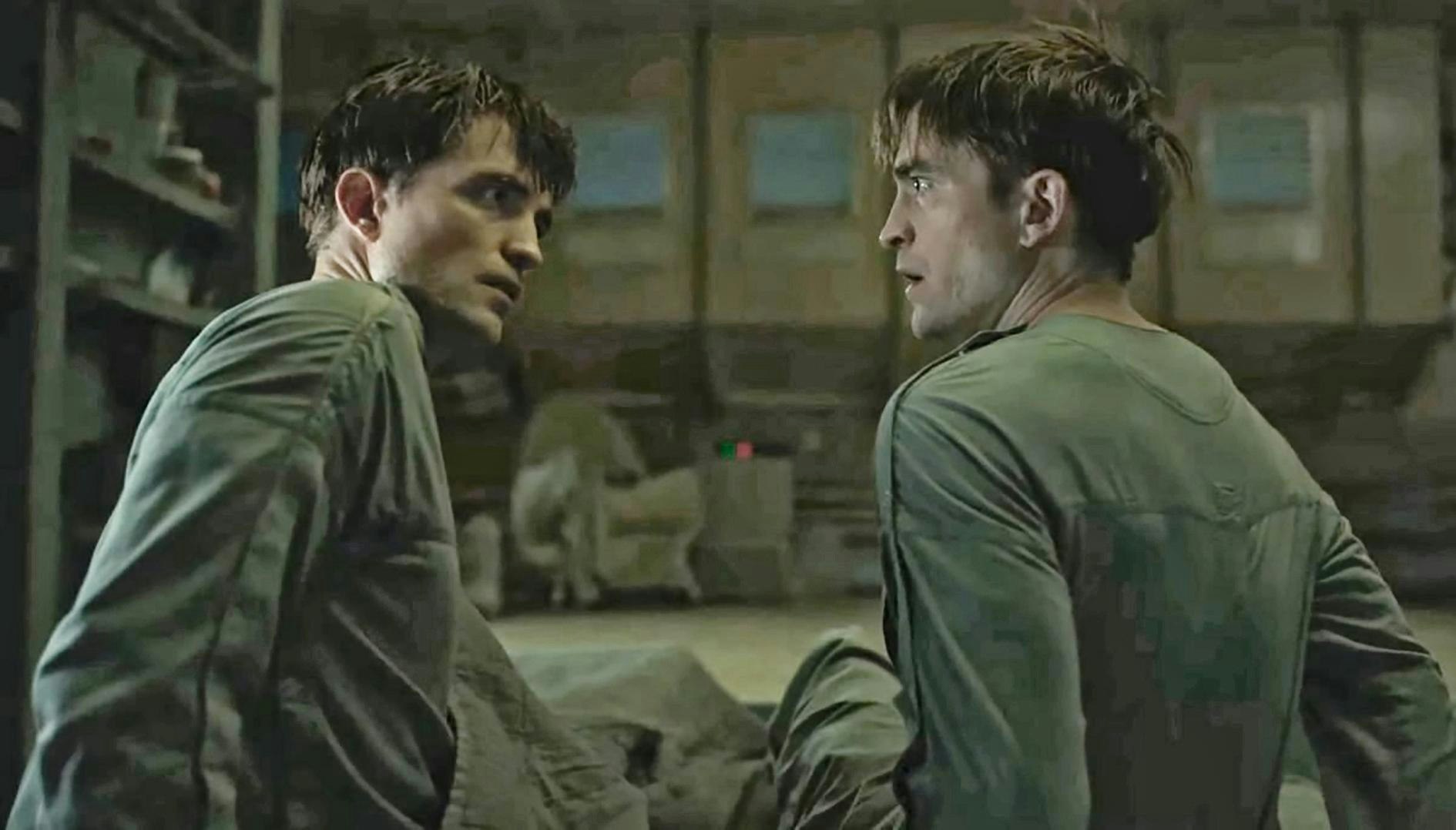This article is taken from the April 2025 issue of The Critic. To get the full magazine why not subscribe? Right now we’re offering five issues for just £10.
The first time I saw Starship Troopers, I laughed like a drain. Paul Verhoeven’s satire of impossibly beautiful teenagers going to war against alien “bugs” opens with a propaganda spoof so gloriously over-the-top that I was sold from the first minute. This was not the universal response.
Everyone else in the cinema with me, for instance, thought they were watching an indifferent action film, and a poorly acted one at that. Verhoeven had seemingly cast great-looking but wooden stars to give his tale of militarism the right neo-fascist look.
The first hour of Mickey 17 promises a similar level of sci-fi satire. Robert Pattinson plays a likeable but dimwitted loser who, fleeing loan sharks on Earth, joins a colonising spaceship as its “Expendable”, someone who does mortally dangerous jobs. With his mind backed up on computer, when he dies he is simply reborn in a 3D printer. He’s Mickey 17 because the previous 16 perished in the journey to the planet where they’ve landed. The crisis comes when he fails to die as expected, but a replacement is printed anyway. How will Mickley 17 and Mickey 18 get along? What will their girlfriend think?

It’s a great premise, and similar ideas have been used to great effect in the past. The excellent Edge of Tomorrow sees Tom Cruise dying repeatedly after being infected with alien blood. Come to think of it, the so-so Oblivion also sees Cruise being cloned in a battle against alien invaders. If there’s one actor who screams “rendered immortal by alien cloning experiment”, it’s Cruise.
Here the setup is played for black comedy. We see Mickey’s commanders using him to see how long a human can withstand radiation, and to test whether the atmosphere on their new planet contains any poisons. When he falls in a ravine, his colleagues are more concerned about recovering his hard-to-replace weapon than rescuing him.
All of this is handled with gory aplomb by Korean director Bong Joon Ho, best known for 2019’s Oscar-winning Parasite, a very dark satire about a rich family being exploited by their servants. At first, Mickey 17 feels like it sits in the Starship Troopers tradition: a bleak future used to mock the vanities of the present. But then somewhere along the way, things go wrong.
The first warning sign is the appearance of Mark Ruffalo as a vain, boastful, deluded politician with an army of followers in red caps. Can you guess who he’s supposed to be? Don’t worry if not, because the point will be smacked home repeatedly, with all the subtlety of an Oval Office press conference.
Donald Trump’s political career has had strange ripples through Hollywood. Last year we had Nick Offerman’s cameo in Civil War, and Sebastian Stan as the young Trump in The Apprentice, both decent performances that delivered what their films needed. Less happily, this year’s Captain America: Brave New World sees Harrison Ford as “Thunderbolt” Ross, a president on the point of launching a war for resources in the Pacific. Presumably fearing how this would go down in the real White House, Disney seems to have recut the film, turning the president into a kindly man who only wants peace. Think of him as “Pussycat” Ross. The result of that edit is a film where, even when Ford transforms into “Red Hulk” and goes on a rampage across Washington, he seems considerably less worrying than the actual president in the real world.
Ruffalo’s contribution to the Trump Cinematic Universe is similarly unhappy. His villain could not be more obviously a villain if he wore a badge saying “VILLAIN” and began all his speeches, “In my capacity as a villain … ”
It’s actually something of a surprise that he doesn’t do this, because the script gets progressively less subtle as it goes on. This is a film that has heard of show-don’t-tell and rejected the notion as cowardice. Every theme is spelled out loudly and slowly. “Am I just a uterus to you?” one character actually asks Ruffalo, to make it clear that his baddie doesn’t respect women. “We are the aliens!” another tells him, to ensure the audience gets the point that colonialism is bad.

It’s unclear whose fault this is. Filming on Mickey 17 wrapped two years ago, and the released edit feels as though quite a few people have had their hands in the mix. There is much that is incongruous or unexplained. Mickey’s girlfriend so obviously despises him in all the scenes that were shot that a voiceover is needed to explain that actually she doesn’t. Perhaps somewhere on a cutting room floor is a scene that explained why Mickeys 1 to 17 were people-pleasing wimps but Mickey 18 is a psychotic weapons expert. Or why Ruffalo, who announces that he wants to start an all-white planet, has brought black and Asian colonists along with him. You wouldn’t catch Hugo Drax making a mistake like that.
It wasn’t just audiences that missed the joke of Starship Troopers. Critics did too, and it’s possible that the nice touches in Mickey 17 — the scenes around the “printer” are for instance all brilliant — will be enough to give the film cult status. Parasite’s sprawling house has a secret basement where a man is concealed. Boon’s latest film has, probably unintentionally, a similar quality: a tight 90-minute sci-fi satire hidden inside a 137-minute behemoth.







